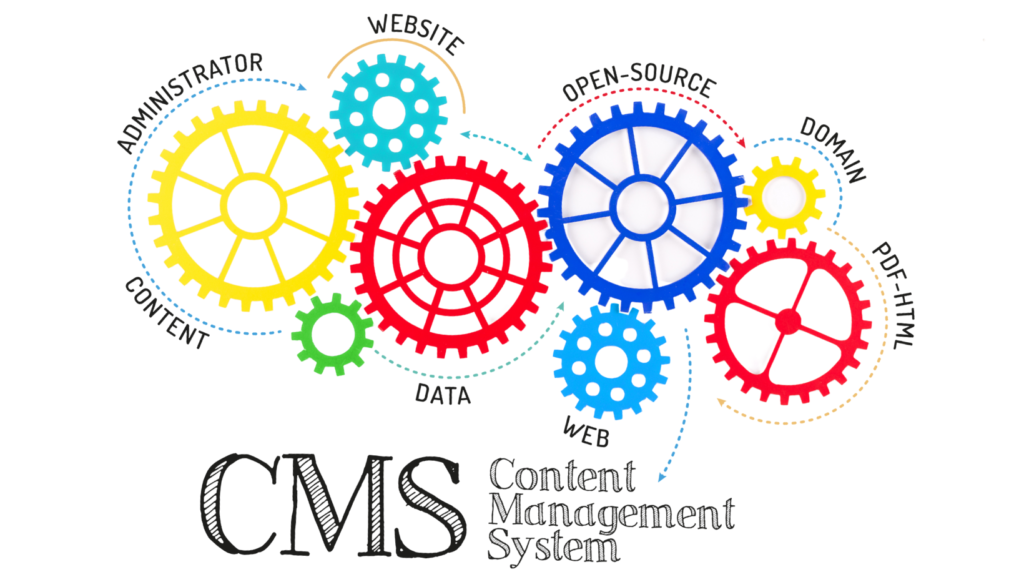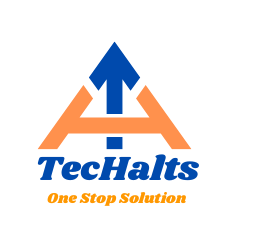
CMS stands for Content Management System, which is a software application used to manage digital content such as text, images, audio, and video. CMS provides an easy-to-use interface for creating, editing, and publishing content on the web without requiring extensive technical knowledge.
The importance of CMS lies in its ability to simplify content creation and management processes for businesses and individuals, allowing them to focus on their core activities. CMS can be highly beneficial for businesses in many ways. Here are some of the ways CMS can help businesses:
- Easy content management: CMS provides a user-friendly interface that simplifies the process of creating, editing, and publishing digital content. This saves businesses time and effort, allowing them to focus on other core business activities.
- Cost-effective: CMS allows businesses to manage their websites without the need for technical expertise or hiring a web developer. This can save businesses money on website maintenance and updates.
- Consistent branding: CMS makes it easy for businesses to maintain a consistent brand image across their website by using customizable templates and themes.
- SEO-friendly: CMS can help businesses optimize their website content for search engines with built-in SEO tools, which can lead to increased website traffic and higher search engine rankings.
- Improved collaboration: CMS allows multiple users to collaborate on website content, which can improve efficiency and reduce errors.
- Enhanced website security: CMS regularly updates its software to protect against security threats, keeping businesses’ website and data secure.
- Scalability: CMS can easily accommodate growing businesses by adding new pages, sections, and functionality as needed.
There are several types of CMS (Content Management Systems) available, each with its own strengths and weaknesses. Here are some of the most common types of CMS and their pros and cons:
Open-source CMS
Open-source CMS like WordPress, Drupal, and Joomla are popular among businesses, bloggers, and developers because they are free to use and easy to customize.
Pros:
- No license fees
- Large community of developers and users
- Wide range of plugins and extensions available
- Easy to set up and use
Cons:
- Can be vulnerable to security breaches if not properly maintained
- Requires regular updates to keep up with security patches and new features
- Some plugins and extensions may be outdated or unreliable
Proprietary CMS
Proprietary CMS like Adobe Experience Manager, Sitecore, and Kentico are built by a single company and require a license fee to use.
Pros:
- Robust features and customization options
- High level of security
- Dedicated customer support
Cons:
- Expensive license fees
- Limited developer community and plugin options
- May require specialized training to use
Cloud-based CMS
Cloud-based CMS like Wix, Squarespace, and Weebly allow users to build and manage websites through a web browser.
Pros:
- No need for hosting or server management
- Easy to use with drag-and-drop interfaces
- Automatic updates and backups
Cons:
- Limited customization options
- Limited control over server and hosting
- Subscription fees can add up over time
Headless CMS
Headless CMS like Contentful, Strapi, and Sanity separate the content creation and storage from the presentation layer, allowing for greater flexibility in how the content is displayed.
Pros:
- Separation of content and presentation allows for greater flexibility
- API-first approach makes it easy to integrate with other tools and applications
- Fast and scalable
Cons:
- Requires developers with experience in APIs and front-end development
- May be more expensive than traditional CMS options
Conclusion
CMS can help businesses improve their online presence, increase efficiency, reduce costs, and stay competitive in today’s digital world. A well-planned website with great content can outperform its deep-pocketed rivals who are less focused and savvy in their online presence. That’s a competitive advantage you shouldn’t pass up. The choice of CMS will depend on your specific needs and budget. Open-source CMS are a good option for those who want a customizable, cost-effective solution, while proprietary and cloud-based CMS may be better for those who want more support and features. Headless CMS are ideal for developers who want complete control over the presentation layer and content distribution. we at TecHalts are here to help you to choose the best CMS integration services.
